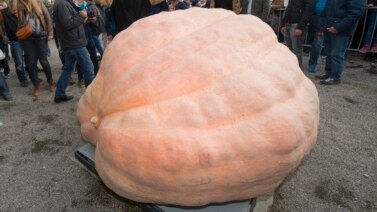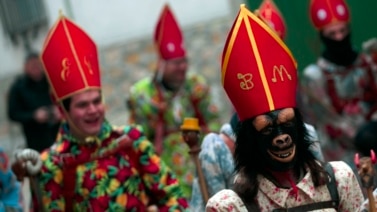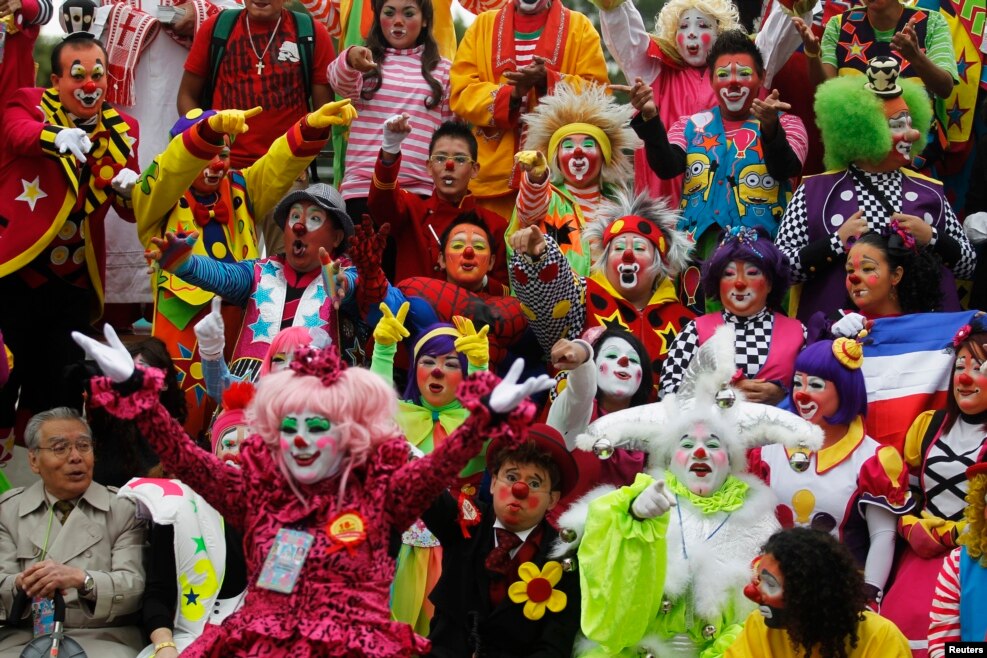
Some Americans think it could be a joke, but people around the country are talking about a number of clown sightings.
The first sighting took place a few months ago in South Carolina. People there reported seeing men wearing face paint and acting strangely. They told police the men were trying to get children to go into the woods.
Whether it was a true story or just a prank, local media reported on the incident. News of the clown sighting spread quickly across the United States through social media websites like Facebook.
Clowns are supposed to bring laughter and happiness to the people they meet. People made to look like clowns sometimes perform at birthday parties for children.
But since the stories from South Carolina first appeared, many people are admitting they think clowns are creepy. They say clowns often act strangely and can even frighten others.
Now, two businesses are reacting to the news.
The fast-food restaurant McDonald's announced recently that it would be limiting appearances by the clown Ronald McDonald. Ronald McDonald represents the company, both at public events and in television ads. He has been a part of McDonald's since the 1960s.
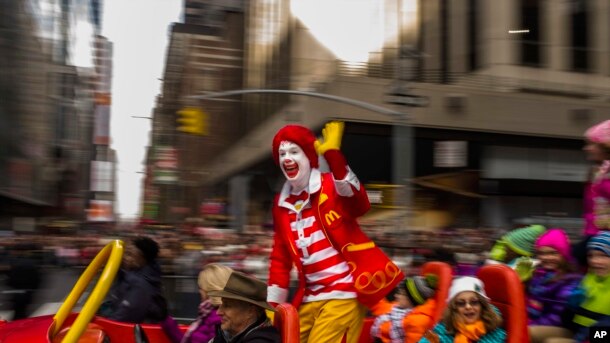
The other company, Target, has almost 1,800 department stores nationwide. The company said on Monday its stores would remove the clown masks and costumes they have on sale for Halloween observances.
Target made the decision based on the “current environment” related to clowns.
McDonald's said it is reacting to the “current climate around clown sightings in communities.”
Clowns and people acting like them have been around for thousands of years. Harlequins, jesters and clowns entertained Europe's ruling families in the 16th and 17th century. They made appearances in the plays of William Shakespeare.
Clowns performed for crowds at circuses in North America, starting in the early 1900s.
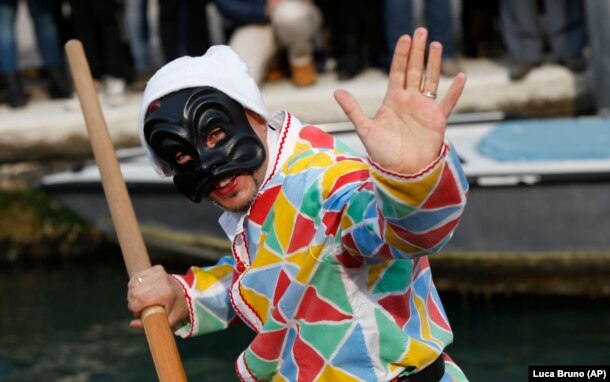
But they have also been used to frighten readers in scary stories.
In the 1980s, American writer Stephen King wrote about an evil clown in his best-selling book “It.” The book was later made into a television movie.
John Wayne Gacy made news as a serial killer in the 1970s. He murdered over 30 young men. He liked clowns and made paintings of a clown named Pogo.
Psychologists have a name for a fear of clowns. They call it coulrophobia.
Some news organizations are reporting stories of clown attacks. In New York City, a man in a clown costume chased a person out of a train station. In Oklahoma, police accused a clown of flattening a man as he walked his dog.
School officials in Arizona blamed clown-related threats made on social media for a large number of students missing classes. Three teenagers were arrested for their part in spreading a violent rumor.
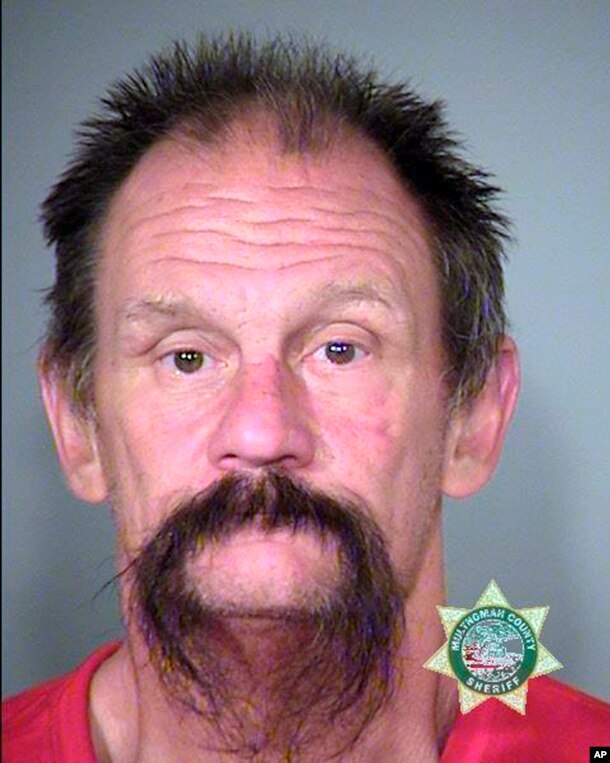
There have also been reports of possible copycat crimes. Individuals wearing clown masks robbed a bank and a restaurant.
Other cities reported pranks pulled by people dressed as clowns. The clowns were stopping traffic in the Long Island region of New York. In Detroit, someone posted a video of a clown hanging off the back of a bus.
Justin Kenlon likes to dress up as a clown named Stretcho. He is friendly.
“I'm sure that people still have a positive image of clowns,” Kenlon said. “I think it's important for children and adults to like clowns and to not fear clowns.”
But this year, happy clowns are not getting the attention. Police are not pleased with violent threats and pranks. They want it to stop.
James Berlin is a police chief near Detroit, where two women dressed as clowns chased two teenage girls.
“This is going to lead to violence,” Berlin said. “Someone is going to get hurt over these antics. And it needs to stop, now.”
I'm Dan Friedell.
Dan Friedell adapted this story for Learning English based on reports from VOANews.com and Reuters. George Grow was the editor.
What do you think of the clowns? We want to know. Write to us in the Comments Section or on our Facebook page.
Words in This Story
prank - n. a trick that is done to someone usually as a joke
creepy - n. strange or scary; causing people to feel nervous and afraid
mascot - n. a person, animal, or object used to represent a group (such as a sports team) and to bring good luck
circus - n. a traveling show that is often performed in a tent and that typically includes trained animals, clowns, acrobats, etc.
antics - n. funny or playful actions or behavior
clown - n. someone who performs in a circus, who wears funny clothes and makeup, and who tries to make people laugh
copycat - adj. a person who does the same thing as someone else : a person who adopts the behavior, style, etc., of someone else
rumor - n. information or a story that is passed from person to person but has not been proven to be true
mask - n. a covering used to hide or disguise your face
costume - n. the clothes worn by someone who is trying to look like a different person or thing
